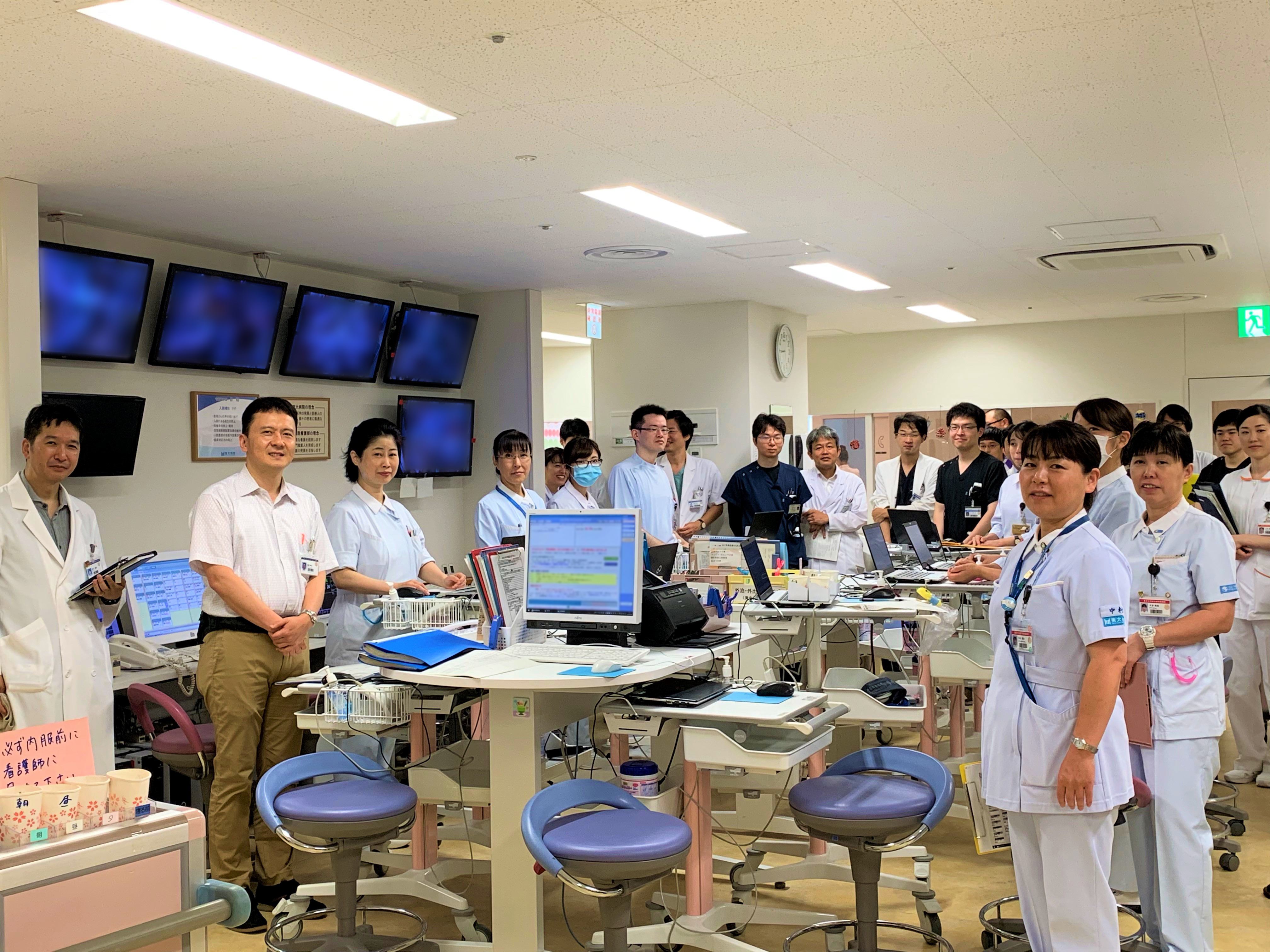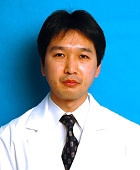Centers & Services
Top > Centers & Services > Clinical Services > Neuropsychiatry
Neuropsychiatry

The Department of Neuropsychiatry deals with a variety of psychiatric disorders which are caused by brain abnormalities or psychological factors. We also try to treat psychiatric patients with physical complications or with organic disorders. Our department provides care for the patients with psychosis, neurosis, or other psychiatric and psychological illness.
Medical services
The department staff consists of about 20 psychiatrists and 10 residents. There are 40 beds for inpatient care. The open ward has 21 beds and the locked ward has 19 beds including 3 seclusion rooms. Our department adopts an advance appointment system for outpatient. In addition to ordinary general outpatient care, the department provides specialized outpatient care for the at risk mental state.
Diagnosis and treatment policy
We offer comprehensive biological and psychosocial evaluations and aim for mental well-being of patients by care including pharmacotherapy, modified electro-convulsive therapy and psychosocial support including occupational therapy, group therapy and social work.
Specialties
- Schizophrenia, mood disorders, senile psychiatric disorders, epilepsy
- Developmental disorders such as autism and attention deficit hyperactivity disorder (ADHD)
- Diagnosis and treatment of the prodromal stage of schizophrenia
- Diagnosis and treatment of panic disorder and anxiety disorder
- Intervention (consultation/ liaison psychiatry) for psychiatric problems in patients with physical disorders
Target diseases
Psychotic disorders such as schizophrenia, mood disorders such as bipolar disorder and depression, senile/ organic psychiatric disorders such as dementia epilepsy, neurotic disorders such as anxiety disorder and panic disorder, stressrelated disorders, developmental disorders such as autism and ADHD.
Specialized treatments
Day Hospital (DH) (psychiatric day care)
Early intervention and social rehabilitation programs designed mainly for patients with schizophrenia are provided.
Occupational therapy
Various programs are available both for inpatients and outpatients.
Electroconvulsive therapy
For patients with severe depression and schizophrenia
Optical topography (Near-infrared spectroscopy)
Used as an assist in the differential diagnosis of the depressive state.
Recovery Center (psychiatric short care)
Recovery support program for people with mood and anxiety disorders.
Frequently performed tests
EEG, head CT, MRI, SPECT and near-infrared spectroscopy as well as psychological assessment may be performed according to psychiatric symptoms.
Kiyoto Kasai
Departments/Divisions
Neuropsychiatry, Center for Brain Imaging in Health and Diseases
Titles
M.D. , Ph.D.
Expertise/Specialties
Clinical Psychiatry, Early intervention and rehabilitation for schizophrenia, Community mental health
Research Interests
Neuroimaging in psychiatric disorders, Mental health and neuroscience in adolescence
Languages
Japanese / English
Major diseases treated in this department and numbers of in- and outpatients
| Classification | Total number |
|---|
| 1 | New patients | 847 |
| 2 | Outpatients | 35,155 |
| 3 | Inpatients | 461 |
(2014)
Areas of expertise, treatment and examination methods
- Early intervention for patients with schizophrenia during the prodromal period
- Developmentally disabled clinical assessment, diagnosis
- Non-convulsive electrotherapy
- Epileptic differential diagnosis (two weeks testing hospitalization)
Numbers of major operations and treatments performed
| Name of operation/treatment | Number |
|---|
| 1 | Non-convulsive electrotherapy | 252 |
(2013)
Numbers of specialized examinations conducted in this department
| 1 | Advanced medical examination using optical topography as an assistive approach to the differential diagnosis of depressive states | 101 |
(2013)

